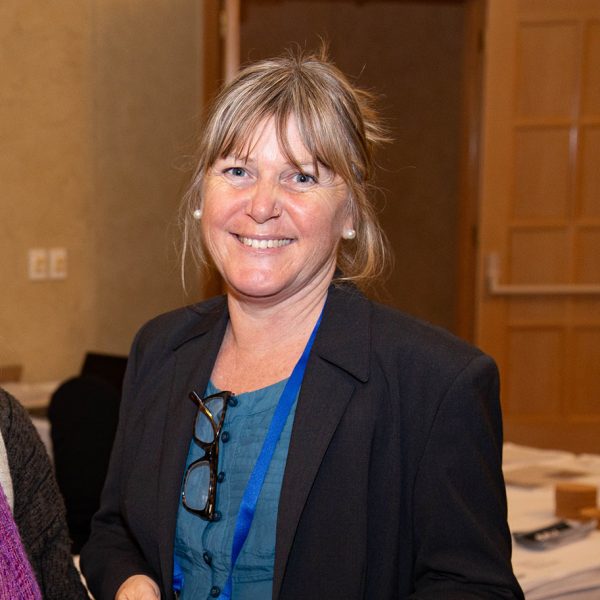PhD Student Profile

Louise Hunt
Southern Cross University
Literature shows that unconscious mental processes dominate decision-making. Of these processes, intuition is noted as being fast; familiar; easy and able to draw conclusions for complex problems. This PhD endeavours to bridge the gap of knowledge about the role of intuition in farmers’ decision-making about soil health.
The exploration will seek knowledge about the extent; usefulness; development and utility of intuition in farmer decision-making. Data will be gathered from literature, interviews and surveys to form a body of knowledge to support farmers and the RD&E domains wishing to engage farmers.
PhD Title: “Exploring the role of intuition in farmers’ decision-making about soil.”
PhD start date: May 2020
Supervisors: Dr Hanabeth Luke, Southern Cross University, Dr Catherine Allan, Charles Sturt University, Dr Adele Wessell, Southern Cross University.
What interested you about this sort of research?
I was drawn to this type of research due to my passion for conservation of natural resources, with soil being a valuable natural resource. Consideration of what drives behaviours when it comes to land management has been shown to be more than weather and economics. Delving into the underlying decision-making processes of farmers is a relatively unexplored frontier offering a new perspective into supporting farmers to make their best choices.
What do you love about soil?
I love that there are more microorganisms in a teaspoon of soil than there are people on Earth.
What do you love about your PhD?
I love the creativity of coming up with a concept based on others’ sound science and being able to explore this. It is a wonderful opportunity to contribute to improving the lives of: farmers; their communities and all the soil microorganisms!
How will your PhD help to make a difference for farmers?
This PhD will provide knowledge about how decisions are made relating to soil health in farming. This knowledge can be used by farmers to develop their decision-making capabilities if needed. The research, development and education sector will also be able to use this knowledge to inform their engagement with farmers.
